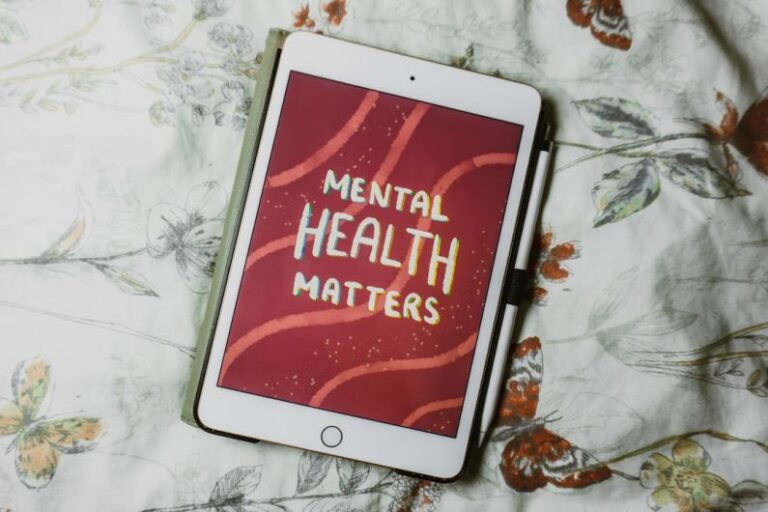Learning from Setbacks: the Key to Resilient Living
Life is full of ups and downs, twists and turns, and unexpected challenges that can leave us feeling defeated and overwhelmed. Setbacks are an inevitable part of life, but it is how we respond to them that truly defines our resilience and ability to bounce back. Learning from setbacks is crucial for not only surviving but thriving in the face of adversity. In this article, we will explore the key to resilient living and how setbacks can be valuable learning opportunities.
Embracing Adversity
Setbacks often come when we least expect them, testing our patience, strength, and resolve. It’s easy to feel discouraged and defeated in the face of failure or disappointment, but it is important to remember that setbacks are not the end of the road. Instead of viewing setbacks as insurmountable obstacles, we can choose to see them as opportunities for growth and self-discovery.
When we embrace adversity and approach setbacks with a growth mindset, we open ourselves up to valuable lessons and insights that can help us navigate future challenges with greater ease. Adversity has the power to reveal our strengths, weaknesses, and areas for improvement, leading to personal growth and development.
Resilience in Action
Resilience is the ability to adapt and bounce back from setbacks, and it is a quality that can be cultivated and strengthened over time. Learning from setbacks is a key component of building resilience, as it allows us to develop coping strategies, problem-solving skills, and a positive outlook in the face of adversity.
Instead of dwelling on past failures or mistakes, resilient individuals choose to focus on the lessons learned and how they can apply them to future situations. By reframing setbacks as opportunities for growth and learning, we can build resilience and develop the skills needed to overcome future challenges with confidence and grace.
Self-Reflection and Growth
Setbacks provide us with an opportunity for self-reflection and introspection, allowing us to gain a deeper understanding of ourselves and our values. When we take the time to reflect on our experiences and the lessons learned, we can identify patterns, behaviors, and beliefs that may be holding us back and hindering our progress.
Self-reflection is a powerful tool for personal growth and development, as it allows us to make positive changes, set new goals, and move forward with intention and purpose. By learning from setbacks and using them as catalysts for change, we can continue to evolve and grow as individuals, becoming stronger, wiser, and more resilient in the process.
Building Resilient Communities
Resilience is not just an individual quality but also a collective one that can be fostered within communities and organizations. When individuals come together to support and uplift one another in the face of setbacks, they create a culture of resilience that can withstand even the most challenging of circumstances.
By sharing our experiences, insights, and strategies for overcoming setbacks, we can inspire and empower others to do the same. Building resilient communities is essential for creating a support network that can help individuals weather the storms of life and emerge stronger and more resilient on the other side.
Embracing the Journey
Life is a journey filled with twists and turns, highs and lows, and setbacks and successes. Learning from setbacks is an essential part of this journey, as it allows us to grow, evolve, and become the best versions of ourselves. Instead of letting setbacks hold us back, let us embrace them as opportunities for learning, growth, and resilience. By approaching setbacks with a positive mindset and a willingness to learn, we can navigate life’s challenges with grace, strength, and resilience, emerging stronger and more resilient on the other side.






